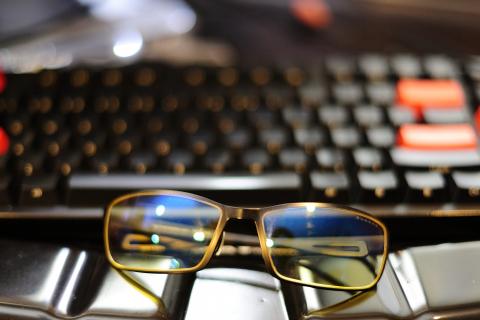Ancient MakerSpaces—the all-day workshop showcasing leading digital work in Classics, archaeology, and related areas of ancient world study—will return to the SCS this year, looking to build on the successes of last year’s inaugural event in Toronto. The workshop (organized by David Ratzan from the Institute for the Study of the Ancient World and myself) seeks to provide an opportunity for SCS members to drop in and participate in hands-on, peer-based learning in new digital resources, tools, and methods for teaching and research in various areas of classics and ancient studies. The event runs from 8:30am until 4pm on Saturday, Jan. 6.
To call Ancient MakerSpaces a workshop is slightly misleading. It is in fact a series of smaller project demonstrations, each introducing a prominent digital project and/or topic. This year’s participants are:
-
Scott Arcenas and Jonathan Weiland on Orbis;
-
Sebastian Heath on linked data in archaeology;
-
Adam Rabinowitz on PeriodO;
-
Casey Dué, Brian Clark, and Stephanie Lindeborg on the Homer MultiText; and
-
T.J. Bolt, Adriana Casarez, Jeffrey Hill Flynt and the Quantitative Criticism Lab team on computational philology.
(Full descriptions and the schedule can be found at this site: https://diyclassics.github.io/ams-2018).
Each of these demonstrations will begin with a brief introduction and overview of the topic, but most of the time will be devoted to breakout sessions where presenters can work with attendees in small groups. The emphasis is on learning to do things of immediate utility to scholarship and pedagogy in collaborative environment. Think of this a chance to take a project on a test-drive with the engineers in the room. So, please stop by for whatever seems interesting and bring a laptop if you have one!
Although we have an entire day to work with these projects, they are only a small sample of the growing number of digital projects transforming the way we work. So, in the interest of bringing attention to as many projects of these projects as possible, we have added an hour-long Lightning Presentations session to the workshop. Presenters here will have three minutes each to pitch a current project or ongoing work, address its application to research, pedagogy, or outreach, and explain how contributors, volunteers, or users can learn more or get involved. The Lightning Presentations will include projects such as Alpheios, The Bridge, Logeion, and WIRE Project, with more to be announced soon.
Finally, with digital approaches becoming increasingly enmeshed in our research and teaching, it is important to match practice with theory, doing with reflection. For this reason, we will follow the last of our hands-on digital tool demonstrations with a concluding panel, which has been tasked with reflecting on the workshop’s activities and how it fits into the larger context of Digital Classics. Hannah Čulík-Baird, who wrote a compelling reflection on last year’s Ancient MakerSpaces, will moderate, joined by a distinguished panel representing various parts of the Digital Classics world including Sarah Bond, Casey Dué, Cora Sowa, and Donna Zuckerberg.
Here is a brief FAQ on the basis of last year’s experience:
-
You do not need to register in advance.
-
You do not need to stay for the whole eight hours.
-
All levels of digital experience and expertise are welcome, beginners especially.
-
You are encouraged to “play along” with the demos, that is to say, bring your laptop.
-
Tweet often (hashtag #AncMakers).
-
Perhaps most importantly, collaboration begins with conversation: so we hope to see you in Boston!
More December 2017 Newsletter Content
Check out the Special Events page for the Annual Meeting.
Read the 2018 Annual Meeting page itself for additional meetings, receptions, the local arrangements guide, and much more.
Photo Credits for the December, 2017, Newsletter

